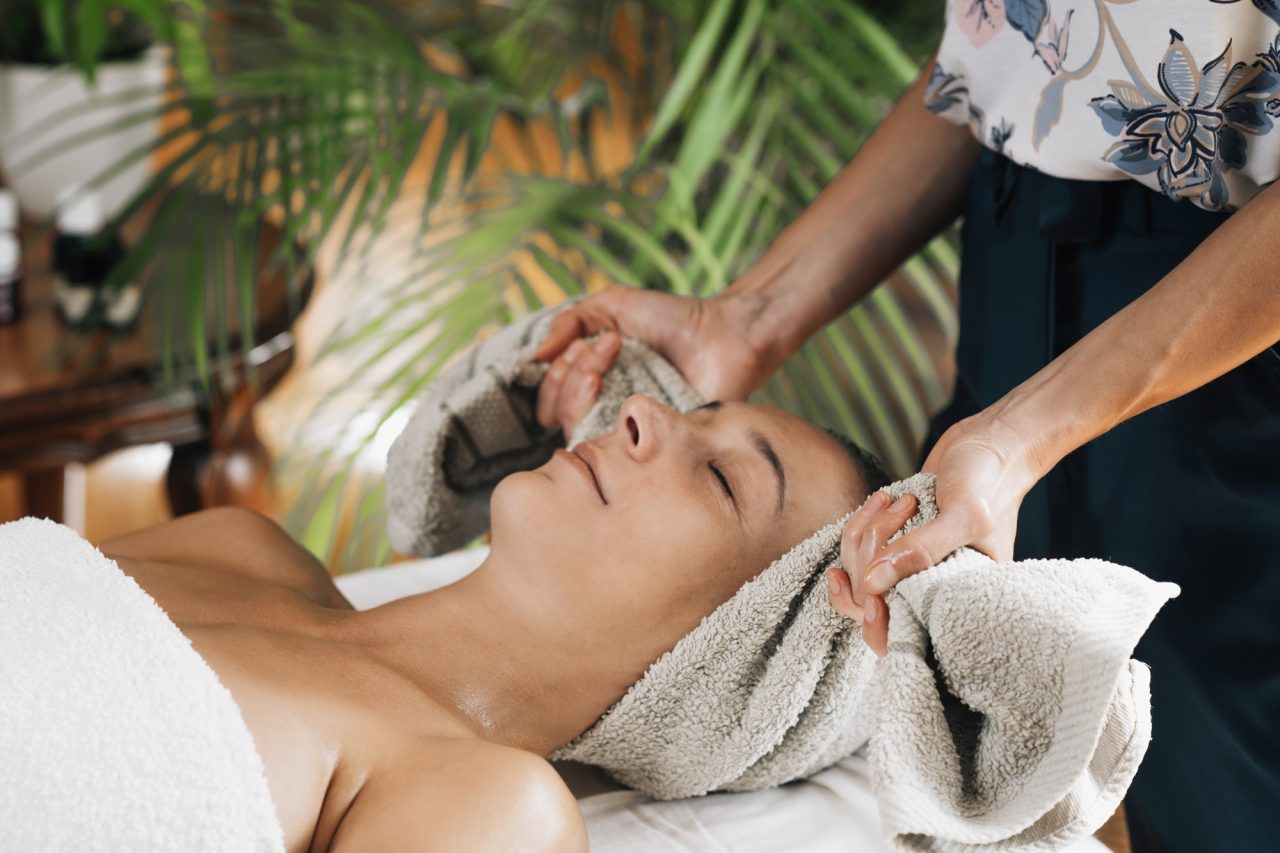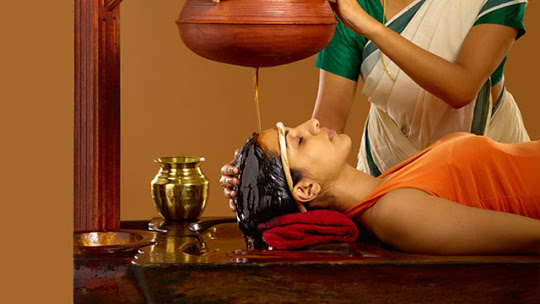
Years Experience
0
+

In Ayurveda, Autism and Pediatric specialties deal with the treatment of various developmental disorders and conditions that affect children, such as Autism Spectrum Disorders (ASD), Dyslexia, Speech Problems, Attention Deficit Hyperactivity Disorder (ADHD), Social Anxiety, Down Syndrome, Mosaic, Cerebral Palsy, Retz Syndrome, and Muscular Dystrophy.
At Ayurparabrahma , we are committed to providing specialized care for children with developmental disorders, including Autism Spectrum Disorder (ASD). Our Pediatric Specialty department is dedicated to providing comprehensive Ayurvedic treatments for children with ASD and other related developmental disorders. Our therapies are personalized to each child’s needs and are focused on improving their communication skills, social interactions, and overall well-being.
Applied Behavior Analysis (ABA) is a scientific discipline that uses principles of learning and behavior to improve socially significant behaviors.
It is commonly used to support individuals with autism spectrum disorders (ASD), but its principles can be applied to various other conditions as well.
Key Concepts:
Components of ABA:
Applications:
ABA Therapy Process:
Benefits:
Description:
Specific learning disability affecting reading, spelling, and writing.
Symptoms:
Ayurvedic Treatment:
Ayurvedic Therapies:
Description:
Difficulties in producing speech sounds or using language effectively.
Symptoms:
Ayurvedic Treatment:
Ayurvedic Therapies:
Description:
Symptoms:
Ayurvedic Treatment:
Ayurvedic Therapies:
Description:
Intense fear of social situations and interactions.
Symptoms:
Ayurvedic Treatment:
Ayurvedic Therapies:
Description:
Genetic disorder caused by an extra copy of chromosome 21.
Symptoms:
Ayurvedic Treatment:
Ayurvedic Therapies:
Description:
Symptoms and Management:
Description:
Symptoms:
Ayurvedic Treatment:
Ayurvedic Therapies:
Description:
Symptoms:
Ayurvedic Treatment:
Ayurvedic Therapies:
Description:
Group of genetic disorders causing progressive muscle weakness and wasting.
Symptoms:
Ayurvedic Treatment:
Ayurvedic Therapies:
Description:
Symptoms:
Ayurvedic Treatment:
Ayurvedic Therapies:


